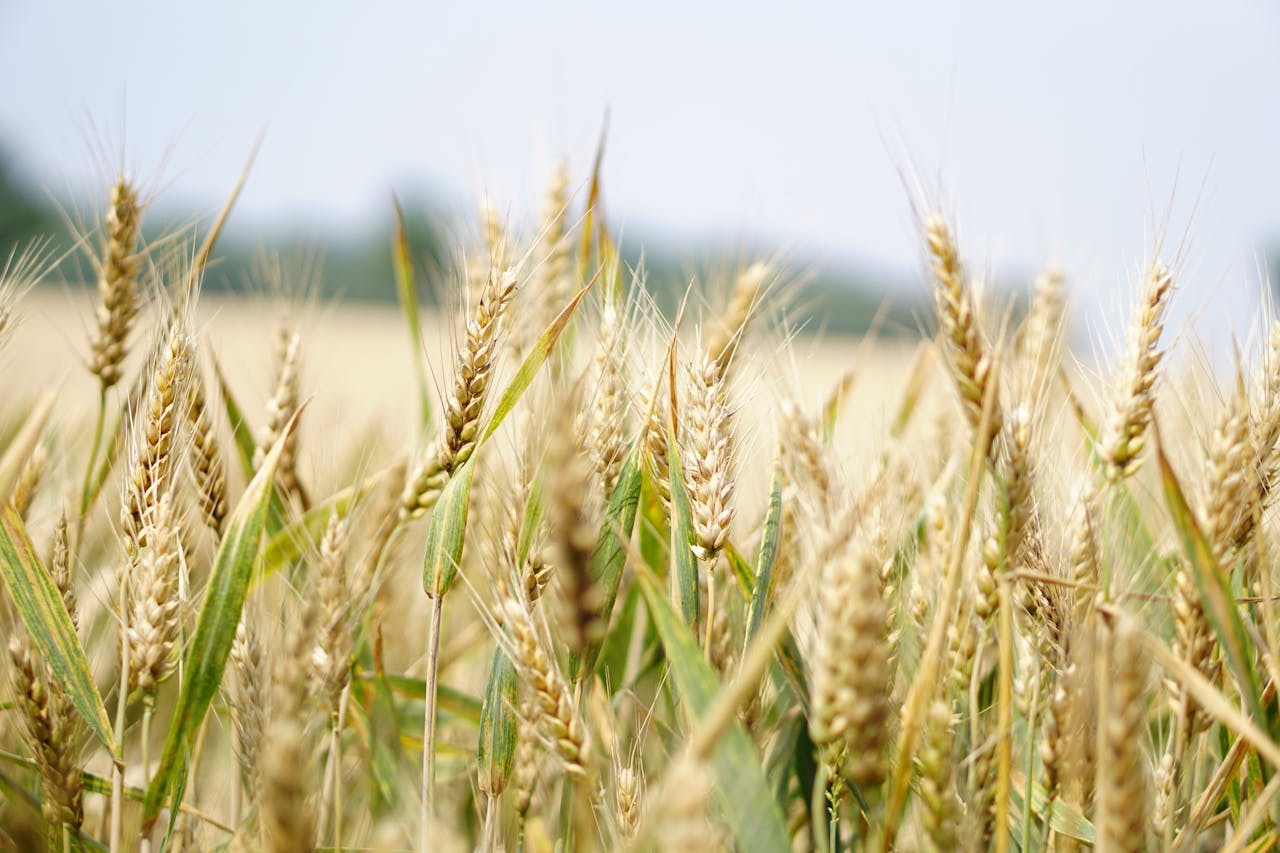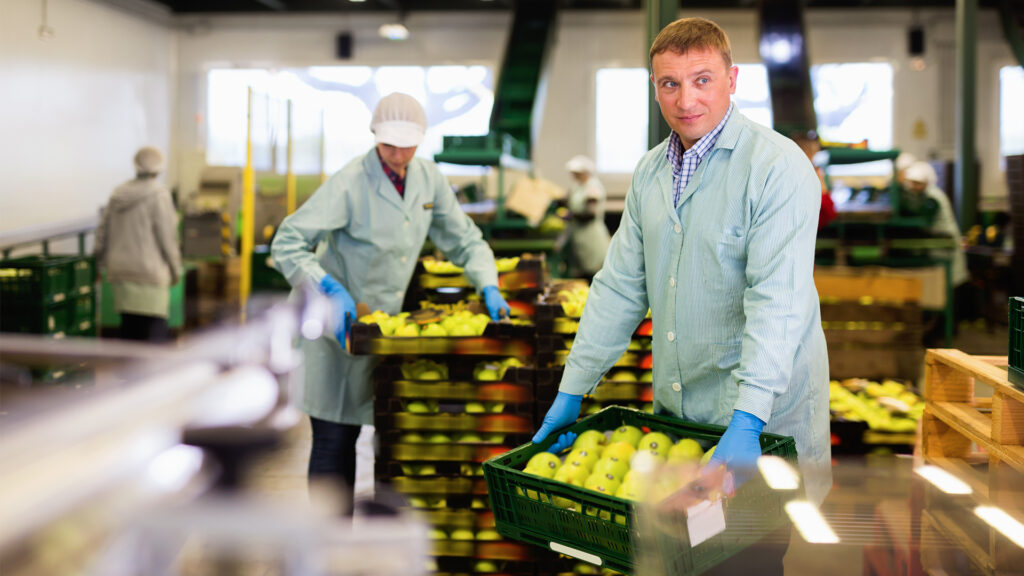Farmers produce top-quality grains for the people to nourish their bodies. Thus, it’s crucial for them to refine their grain handling and storage methods to ensure they preserve their grain for a long time. It is because high-quality grain directly leads to more profits, so opting for the right equipment and storage processes is vital for food grain maintenance. As per research, about 50%–60% of cereal grains get lost during the storage stage because of the lack of technical inefficiency. This handcrafted guide covers the role of grain storage to prevent such losses in the future. So, without any further ado, let’s dive deep into the details below!
Role Of Grain Storage In The Agriculture Industry
Have a look at all the crucial roles of grain storage here.
Preserving The Quality Of The Grain
Once the grain is harvested from the crop, it is not immune to degradation. There are many factors that can affect the quality of the grains and damage them severely. So, one of the top benefits of grain storage in the agriculture industry is to preserve the quality of the harvested grains. You can preserve the grain quality and keep its nutritional value intact by storing it in proper facilities. The storage acts as a protective layer for the grain that keeps them safe from external damaging elements. Moreover, it makes sure that the consumers get the grains with complete nutritional value without any damage.
Reduction In Overall Waste
Food scarcity is rising day by day and there is no space for grain wastage in today’s world. It is essential to reduce the wastage for sustainable growth of the economies. With improper storage facilities, the grains are at high risk of being damaged and wasted. So, it is necessary for the agriculture industry to invest in proper infrastructure and facilities to store the grain properly to further reduce overall wastage. Proper facilities will keep the grain safe and make sure that all the harvested crop reaches the end consumer.
Better Market Stability
Grain storage plays a vital role in market stability in the agriculture space. It allows the farmers to store and protect their harvested crop safely which allows them to sell the crop at a steady rate. There is no rush of abundant crops in the market which leads to low prices of the grains in the market. Farmers can sell the crop at favorable prices and enjoy a stable income.
Moreover, storage facilities help manage the supply of grain throughout the year, ensuring that there is no drastic fluctuation in availability. This steadiness in supply and pricing is crucial for both farmers and consumers, as it ensures consistent access to grains and helps in planning and budgeting.
Economic Benefits
Grain storage offers several economic benefits in the agriculture industry. It reduces the overall post-harvest loss of the crop that is caused due to spoilage, pests, temperature variation, contamination, and several other factors. In short, it raises the overall efficiency of the agricultural supply chain and reduces grain wastage. This further increases the yield percentage from the same harvest which further improves the overall profitability of the agriculture industry.
Besides all this, grain storage offers economic security to the farmers. The ability to store grains and sell them when market prices are more favorable boosts farmers’ incomes and provides financial stability. With the improved income stability, farmers can reinvest in their operations, adopt better farming practices, and plan long-term for better growth.
The Bottom Line
We all are well-versed in the fact that grains are vulnerable to various threats during the storage stage. Now that you know the role of grain storage in the agriculture sector, it is time to opt for safe storage methods to maintain full grain quality and avoid expensive losses. This way, you can reduce the risks of grain damage and keep the grains safe from any types of issues.

























